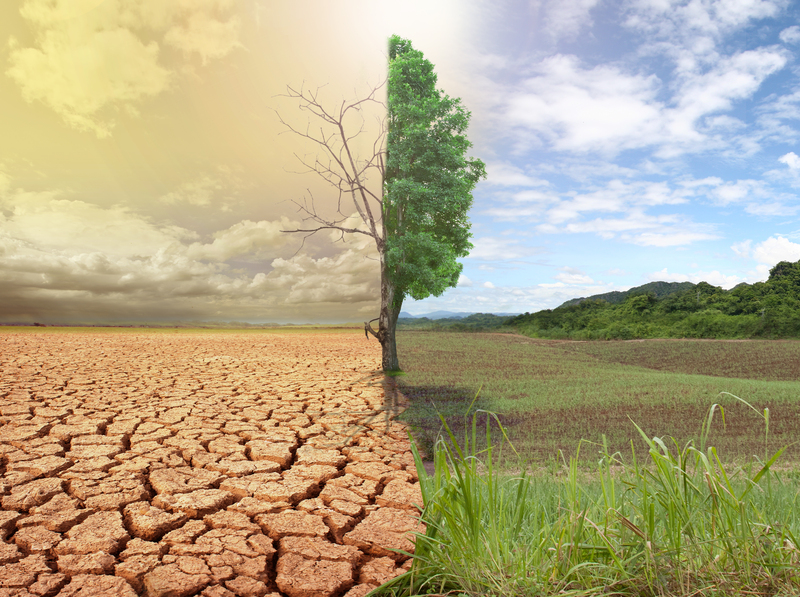Effects of Irresponsible Disposal Methods on the Environment
The irresponsible disposal of waste has become a pressing environmental issue that affects us all. It doesn't only harm ecosystems but also has potentially devastating implications for human health and well-being. This article will explore how poor waste management affects the environment and provide insights into what we can do to mitigate these impacts.
The Definition of Irresponsible Disposal Methods
Irresponsible disposal methods refer to the careless handling and discarding of waste materials without consideration for the environment. This includes illegal dumping, burning waste, and using landfills that aren't compliant with environmental standards. Such practices not only lead to pollution but also place enormous stress on our planet's natural resources.
Common Forms of Improper Waste Disposal
- Illegal dumping: The disposal of waste in unauthorized areas.
- Open burning: Burning waste materials in open spaces rather than designated facilities.
- Landfill negligence: Using landfills that lack proper containment and management systems.
- Industrial discharges: Direct waste dumping from industries into water bodies without treatment.

The Environmental Impacts of Improper Waste Disposal
The effects of careless waste disposal extend far and wide, impacting land, water, and air quality, and affecting biodiversity.
Land Pollution
Illegal dumping and poorly managed landfills contribute significantly to land pollution. Over time, hazardous chemicals from waste can leach into the soil, causing contamination that affects everything from plant life to agricultural productivity. This degradation makes the soil unsuitable for farming and potentially harmful for any crops grown in contaminated land.
Water Pollution
Water pollution is another serious consequence of irresponsible waste disposal methods. Industrial discharges and leachate from landfills contain toxic substances that contaminate rivers, lakes, and oceans. This not only affects aquatic life but also poses health risks to humans who rely on these water sources for drinking, bathing, and irrigation.
Air Pollution
Open burning of waste releases harmful gases such as carbon monoxide and volatile organic compounds into the atmosphere. These pollutants contribute to air pollution, affecting air quality and leading to respiratory problems in nearby populations. Furthermore, burning waste generates carbon dioxide, exacerbating global warming and climate change.
Impact on Biodiversity
Irresponsible disposal of waste has a detrimental impact on wildlife and their habitats. Pollution from waste disposal contaminates natural habitats, causing harm to animals through ingestion or exposure to toxins. This may lead to decreased biodiversity and the disruption of ecosystems. Loss of biodiversity not only affects species survival but also the natural processes essential for ecosystem balance.
Plastic Waste: A Growing Threat
Plastic waste poses a unique threat as it is both persistent and ubiquitous. It takes hundreds of years to decompose and often ends up in oceans, forming massive garbage patches. Marine life, including fish and seabirds, mistake plastic debris for food, leading to ingestion that can be lethal. Moreover, the breakdown of plastic leads to the formation of microplastics that infiltrate food chains, affecting even human health.

The Economic Implications of Poor Waste Management
Apart from environmental impacts, irresponsible disposal methods can have severe economic consequences. Cleaning up pollution from illegal dumping sites and contaminated water bodies is often expensive and time-consuming. Furthermore, the degradation of natural ecosystems affects industries such as tourism, fishing, and agriculture, reducing their potential to generate income and support local economies.
Sustainable Waste Management: The Solution
Addressing the negative effects of irresponsible waste disposal requires sustainable waste management strategies. These include:
- Recycling and composting: Reducing waste by reusing materials and organic waste.
- Waste-to-energy technologies: Converting waste into sustainable energy sources.
- Stringent regulations: Implementing and enforcing environmental laws to deter illegal dumping.
- Public awareness: Educating communities about the importance of proper waste disposal and its impact on the environment.
Conclusion
The effects of irresponsible disposal methods on the environment are far-reaching and demand urgent attention. By implementing sustainable waste management practices and enforcing regulations, we can protect our ecosystems, safeguard public health, and ensure a cleaner, healthier planet for future generations. Now more than ever, it is imperative that individuals, communities, and governments work collaboratively to tackle this global challenge.
To mitigate the impacts of improper waste disposal effectively, every stakeholder must play their part--be it through policy-making, community participation, or lifestyle choices geared towards sustainability.